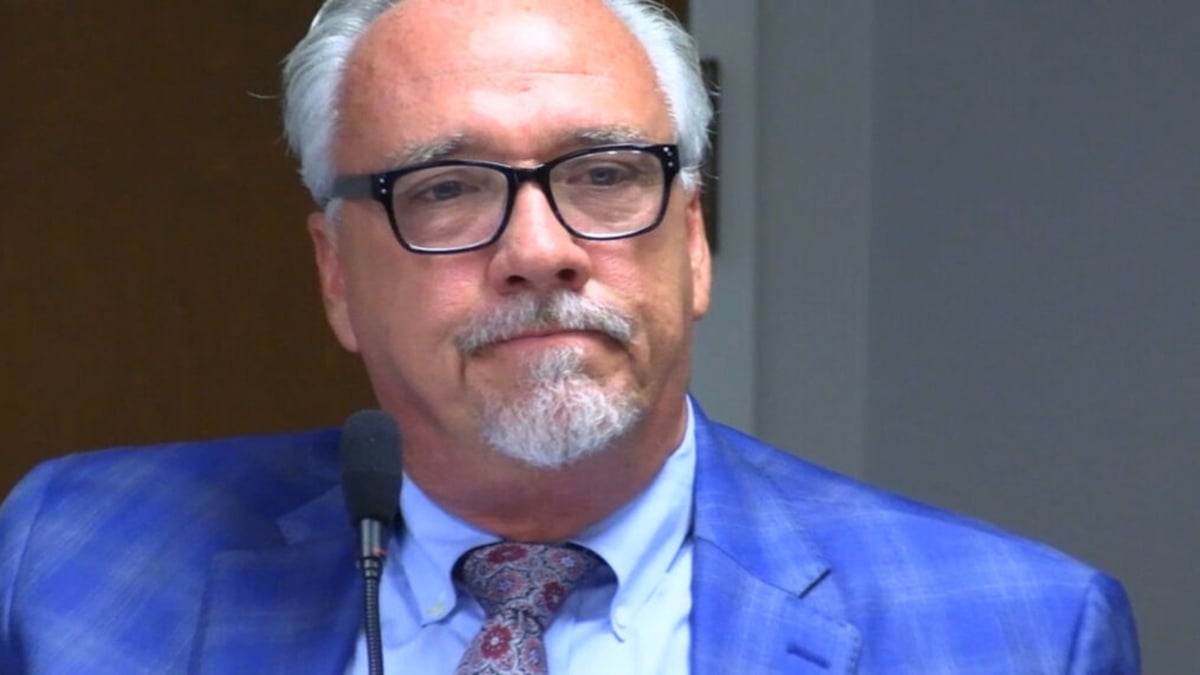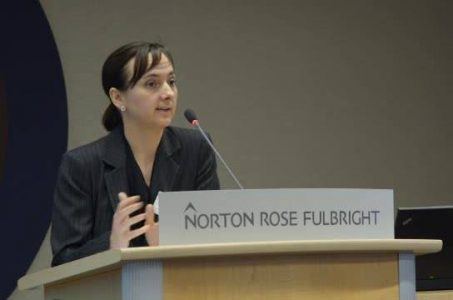Pope County Casino Project in Arkansas Moving Forward, But So Will Legal Challenges
Posted on: January 28, 2021, 01:55h.
Last updated on: January 28, 2021, 03:04h.
In Arkansas, three land-based commercial casinos are up and running. But the fourth gaming permit, earmarked for Pope County, remains in legal limbo.

In 2018, Arkansas voters signed off on a ballot referendum to legalize four land-based commercial casinos with slot machines and table games.
Yesterday, the Arkansas Racing Commission (ARC) moved forward several items related to the fourth casino, Gulfside Casino Partnership, proceeding with its casino plans in Pope County. Gulfside is a gaming entity based in Mississippi that’s controlled by riverboat pioneers Terry Green and Rick Carter.
The businessmen, both members of the Mississippi Gaming & Hospitality Hall of Fame, plan to build a $254 million casino resort in Russellville, Arkansas.
The state’s 2018 gaming law allowed the former Southland and Oaklawn horse racetrack racinos to transition into full-scale casinos with slots and tables. The gaming measure additionally called for two new commercial casinos in the counties of Pope and Jefferson.
ARC was tasked with awarding the county casino licenses based. Jefferson went to the Quapaw Nation, a tribal group in Oklahoma. The tribe’s Downstream Development Authority opened the Saracen Casino Resort in Pine Bluff last October.
Pope Casino Scandal
The delay in the Pope County casino is because of a slew of controversies surrounding the gaming permit.
ARC considered two pitches for the casino license. Along with Gulfside, the Cherokee Nation of Oklahoma submitted a proposal for a $225 million resort casino, also in Russellville.
The racing commissioners graded each proposal on a scale from 1-100. Commissioner Butch Rice graded Gulfside’s project a perfect 100/100. His score for the Cherokee bid was 29/100.
Rice’s scoring singlehandedly tipped the overall tally in Gulfside’s favor. ARC later ruled that Rice had a bias in his scoring, and his score was subsequently voided.
ARC Chairman Alex Lieblong added more controversy to the situation when text messages between him and Dustin McDaniel, the lead attorney representing the Cherokee Nation, were made public. Gulfside argued the conversation detailed possible collusion.
Lieblong’s scoring of the two casino projects had the largest disparity other than Rice’s. But Lieblong favored the Cherokee project. The chairman denied any collusion, but nonetheless withdrew his scores from the vote as well.
ARC hired Jim Fox of Fox & Fox Consulting in Arizona to help the agency resolve the matter. After review, Fox recommended last July that the agency go with Gulfside. However, he said the Cherokee plan was “more deserving of the license.”
Fox referenced the final tally, absent of Rice and Lieblong’s scoring, being 464-448 in favor of Gulfside for his reasoning. ARC was not bound by Fox’s recommendation, but moved forward with Gulfside this week.
Legal Challenges Persist
Less than 24 hours after the Arkansas Racing Commission’s meeting yesterday, McDaniel told local media outlets that an appeal is forthcoming.
Casey Castleberry, an attorney for Gulfside, issued a statement.
“We are moving forward with our plans to build our first-class River Valley Casino Resort, an entertainment and economic destination for Russellville, Pope County, and the state,” Castleberry declared.
Related News Articles
David Baazov’s Lawyer Grills AMF, Claims Regulator’s Case Is Full of Holes
Wynn Resorts’ Encore Boston Harbor Fate May Come Down Wednesday
Most Popular
Las Vegas Overstated F1 Race’s Vegas Impact — Report
Mega Millions Reportedly Mulling Substantial Ticket Price Increase
Las Vegas Strip Stabbing Near The Strat Leaves One Man Dead
LOST VEGAS: ‘Tony The Ant’ Spilotro’s Circus Circus Gift Shop
Most Commented
-
End of the Line for Las Vegas Monorail
— April 5, 2024 — 90 Comments -
Mega Millions Reportedly Mulling Substantial Ticket Price Increase
— April 16, 2024 — 6 Comments -
Long Island Casino Opponents Love New York Licensing Delays
— March 27, 2024 — 5 Comments -
VEGAS MYTHS RE-BUSTED: You Can Buy Legal Weed On the Strip
— March 22, 2024 — 4 Comments
















Last Comments ( 3 )
I look at the employment boost and revenue for Pope County and it will be a plus. Why not go ahead and make it happen.
It’s time we stop all the red paper tape and allow Legend's to built the new Pope County Casino We need a classic state of the art design casino to put Russellville/Dover on the tourist map. The casino needs to present one of a kind resort The resort needs to represent children, teenagers, adults and most important the grandparents who raise their families with higher expectations in life. To reward a place for waterslides, accommodate campers two tall glass hotel buildings, outdoor concerts theatre, casino tablesSlots and a Lounge Bar for nighttime entertainment. The design of the resort must look like the other 50 outdoor resorts of Arkansas. If you follow my ideas the money will flow. It’s sad of how two casinos can become greedy with one another when both of them can design and built the best state of the art casino To a small town that can have the biggest boost for the entire community. Remember this project is for the people of Arkansas, not for greedy owners Please come to a joint effort and build the best of the best resort in Pope County by the neutral agreement between Legends and Cherokee Nation And call it River Valley Casino/Resort The money will roll in for both companies Thanks Remember “Greed” destroys relationships in life
Someone has to get things moving with the consideration of the voters. There is no excuse for the incompetence the manner that this is being handled, be it the courts or whoever, it is way past time to move on.